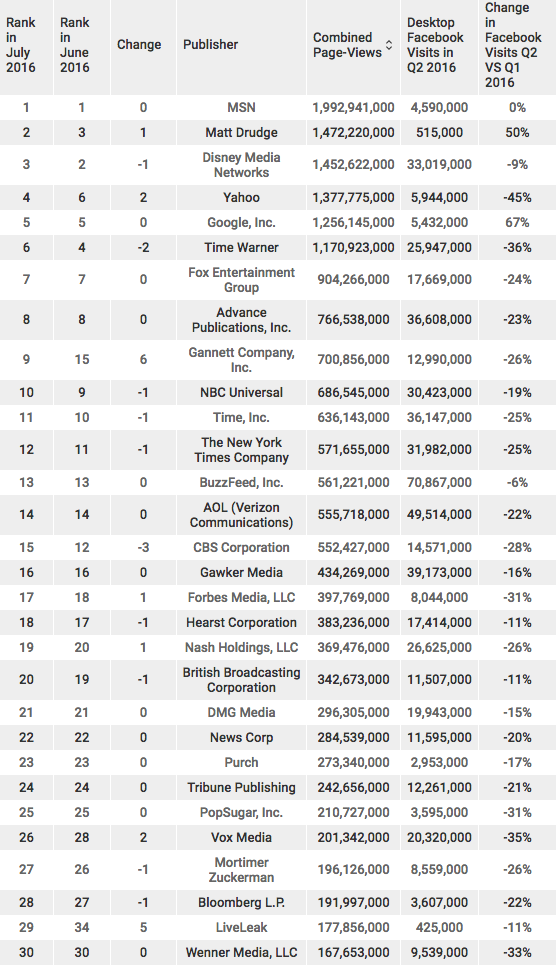Brands
Who Owns Your Audience?
Last month, YouTube’s biggest star declared war on the media industry.
After a slew of media outlets (including us!) covered the FTC’s crackdown on Warner Brothers’s shady influencer marketing campaign with PewDiePie and other YouTubers, PewDiePie struck back. The video game vlogger—who made over $12 million last year—accused the media industry of something worse than hackery: irrelevance.
In a video titled “The PEWDIEPIE ‘SCANDAL’!!,” the influencer went after the media industry like a popular eighth grader verbalizing a nerd’s every insecurity:
This happens time and time again with media. They take someone popular like me and they run whatever story’s gonna get them more clicks, and my name gets run in the ground. A lot of these articles are saying, ‘We’re still waiting for a reply from PewDiePie…’ I don’t fucking need you. I have an audience, I can talk to them. You’re literally insignificant, and that’s why you’re pulling this shit, because I think you know it.
PewDiePie’s words are cutthroat, but they’re not totally wrong. He has over 47 million subscribers, an audience that most publishers would kill for. Millennial-focused Fusion, which has received over $30 million in investment and publishes some of the world’s finest young writers, barely broke 10 million pageviews last month.
If you’re a publisher, it’s hard not to feel like you’re under siege. On one front, you have to battle with popular and powerful influencers for your audience’s attention. On the other front, you have an uneasy alliance with platforms—namely Facebook and Google—that drive most of your audience to your site but also have the power to take them away in an instance.
And that’s what we’ve seen of late. According to SimilarWeb, nearly every major publisher saw their Facebook traffic drop precipitously from Q1 to Q2. (Save for The Drudge Report and its Trump-centric clickbait.)

For publishers, this is terrifying. It’s easy to imagine the publishing world as an empire that is seeing its power and influence rapidly shrink. Publishers are increasingly dependent on platforms for the basic resource (an audience) they need to survive, and they are increasingly vulnerable to extortion—or, at the very least, a very bad deal. Meanwhile, it’s harder than ever to make money. Brands have a plethora of other options for spending their advertising budgets and reaching an audience. They can turn to individual influencers, which have a powerful and intimate connection with their audience. Or they can just create content themselves and spend money distributing it through paid social.
There are no easy answers. Which leads me to my shameless plug.
At SXSW 2017, I’ve proposed a panel with Harry McCracken, Fast Company’s technology editor, and Jay Acunzo, creator of the Unthinkable podcast. We’re going to dig deep into this issue, and if it interests you at all, I hope you’ll vote for it, which you can do here.
We may not solve this incredibly complex problem. But at the very least, we’ll get drunk afterwards and play Risk.
Image by FlickrGet better at your job right now.
Read our monthly newsletter to master content marketing. It’s made for marketers, creators, and everyone in between.




